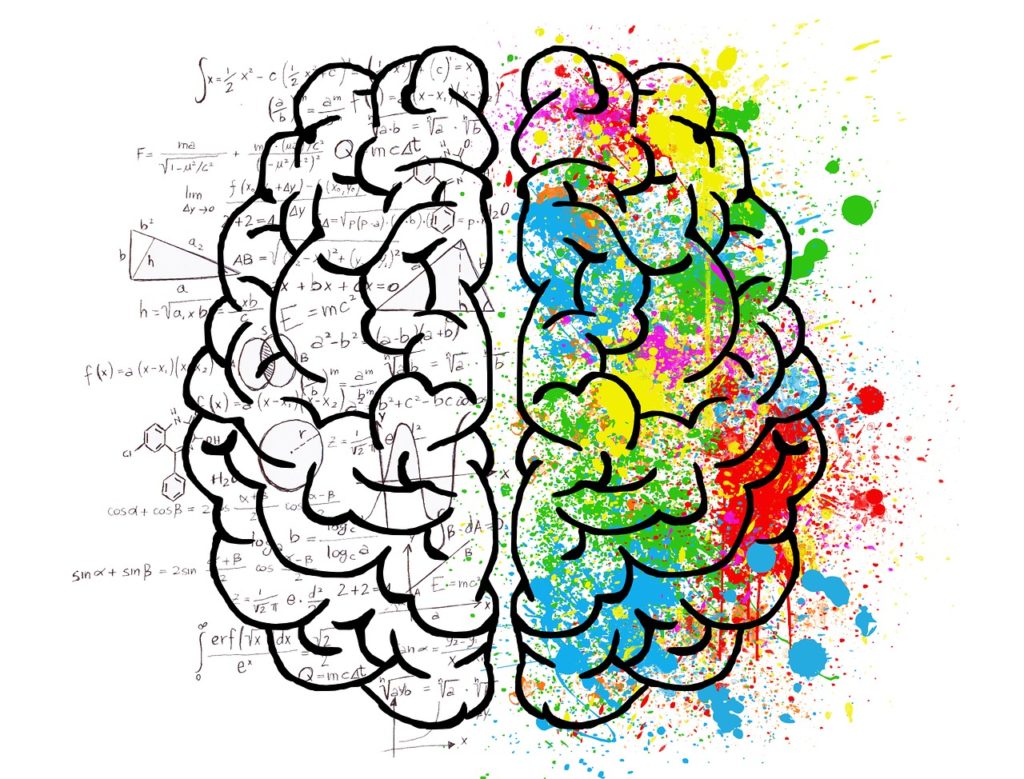Cognitive Behavioral Therapy (CBT) is backed by lots of research that shows it can help with many different concerns. This includes anxiety, depression, trauma and more. CBT is based on the idea that our thoughts, feelings, and actions are connected. And because they are connected, the way we think, feel, and act each influences the other.

Can you do CBT on yourself?
A CBT therapist helps you identify and change unhelpful thoughts and patterns. As a result, you tend to feel better emotionally. But can you do CBT on yourself? While there are tons of self-help resources out there, it’s always a good idea to first check in with your licensed therapist first. Some mental health concerns need more care than self-help can provide. And, technically, we can’t “therapize” ourselves, since a lot of therapy hinges on the working alliance between you and your therapist.
But, having a CBT mindset can be very helpful for boosting our mental health! A CBT mindset simply means recognizing how your thoughts, feelings, and actions are related. This helps you catch yourself in moments that might otherwise trigger your anxiety, poor mood, and more.
Four ways to adopt a CBT mindset to help your mental health
If you are looking for ways you can do CBT on yourself, a cognitive-behavioral mindset is a great place to start. Here are four ways to start incorporating this mindset today:
- Pay attention to thoughts. Often, thoughts happen so quickly we don’t notice the kind of messages we tell ourselves. This is called our self-talk. Paying attention to our thoughts can help us start to notice if our self-talk is usually positive or negative.
- Thoughts have a huge impact on how we feel. If our thoughts and self-talk tend to be more positive and supportive, we usually feel better about ourselves. But if our thoughts and self-talk tend to be unhelpful or negative, you guessed it: we might not feel that great about ourselves.
- Just because we think something doesn’t always mean it’s true. Humans sometimes carry a negativity bias. This means that we often pay more attention to negative thoughts and experiences. Because of this, we might be more likely to believe negative self-talk about ourselves, even if it’s not realistic or true.
- Test your negative self-talk. Testing negative thoughts or self-talk with questions can help us see how accurate they are. Some questions might be: do I have evidence for that negative self-talk? Do I have evidence against that negative self-talk? What are some ways those negative thoughts or messages might not be realistic? Are they 100% true, 100% of the time?
Embracing this CBT mindset might help us notice things about our thought process that we never paid attention to before. In turn, the more aware we are of these things, the more we can do to make positive changes! If CBT clicks with you, you may want to check in with your therapist to learn how to incorporate more CBT into your counseling sessions.
